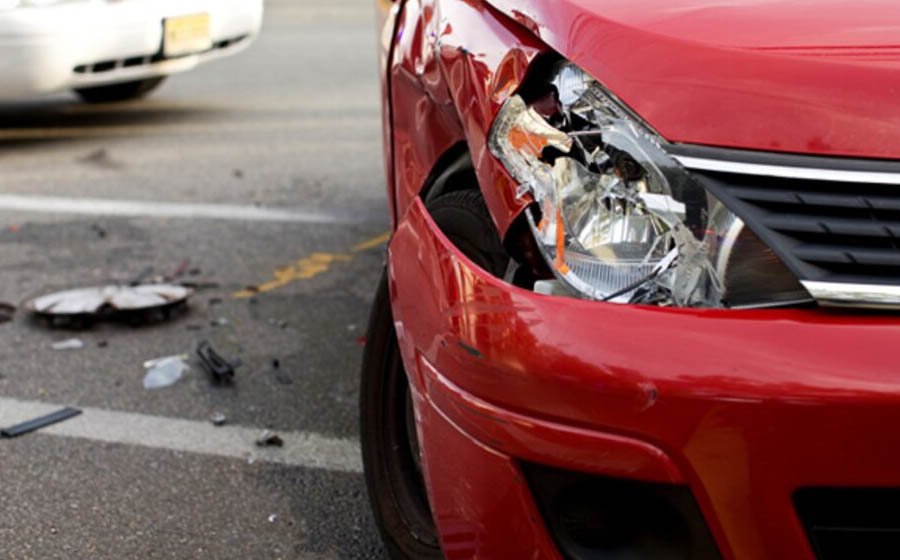Being involved in a car accident, whoever is to blame, can be a rather traumatic experience. It is likely that you will relive the preceding moments over and over again, wondering if there was anything you could possibly have done differently to prevent such an occurrence. Coping with the aftermath of a car accident can be challenging, but it is possible to overcome the emotions and the practical requirements linked to something like this. Continue reading for our advice.
Immediate aftermath
When you have literally just been involved in a car accident, it is imperative that you act immediately to ensure you reduce the risk of being seriously hurt as well as looking after yourself and your family in a legal sense, too.
First, however you are feeling, be sure to head to your local emergency department to get checked over. Even if you feel fine and dandy and are walking normally, there is a risk that the adrenaline is helping you maintain your usual composure, or your injuries have not made themselves known just yet. It is always best to seek medical attention as early as possible for everyone involved.
Shortly afterwards
It is also important to gather all the information you may need in terms of your car insurance, such as details of the other driver or drivers involved, any reports from the police and your actual documentation. Call your insurance company as early as possible. Try to take photographs of the vehicles if at all possible. Having a camera phone has made this increasingly easier to manage these days, though for those who do not have such a thing, it is recommended to carry a disposable camera just in case.
Your insurance company should be able to provide you with a loan car if this is part of your policy, thus reducing the likelihood of you having to rely on someone else to take you and your family places. However, if this is not the case, look into short term rentals while your car is being repaired.
Whether the accident was your fault or someone else’s, you may wish to consider employing the services of a car accident lawyer. They can help you gain any compensation you may deserve or, alternatively, support you to avoid being penalised for anything. If the accident was the fault of another party, you may be entitled to financial compensation to reimburse you for medical expenses, lost earnings when unable to work, damage to your property and, in the worst of cases, permanent damage and the impact this will have on your ability to earn and your mental health.
You may feel unable to step back behind the wheel of a vehicle for a while because of flashbacks or a dread that this may occur again. Driving again, as soon as possible after the accident, can help alleviate some of your greatest fears. Try to enlist the support of a friend or family member who will sit beside you and comfort you or chat away to help you forget about the feat you are achieving. However, for some people, this will not be enough. A driving instructor may be a good option, given their extensive knowledge of driving, and they will have more patience than a regular friend or family member may display towards you.
Longterm aftermath
The damage a car accident can have is often long-lasting. Talking to someone about how you are feeling is important. Bottling up your emotions can only mean that one day, you will explode and that is not healthy for you or the people around you. Friends and family members are great options. However, for some people, it may be necessary to employ the services of a qualified counsellor. They will have strategies to help you cope with your feelings and will be able to chip away at everything you have built up to protect yourself.
Ultimately, car accidents can and do happen. You can never guarantee that you will not find yourself in a similar situation again in the future. However, there are measures you can take to lower the chances of you being involved again. For example, ensuring that your car has regular check-ups at the garage could reduce the risk of any mechanical failure which could have drastic consequences. Ensuring your oil is topped up and your tires are at the right pressure can also help. Finally, checking your lights and indicators are working properly will be helpful, too.
